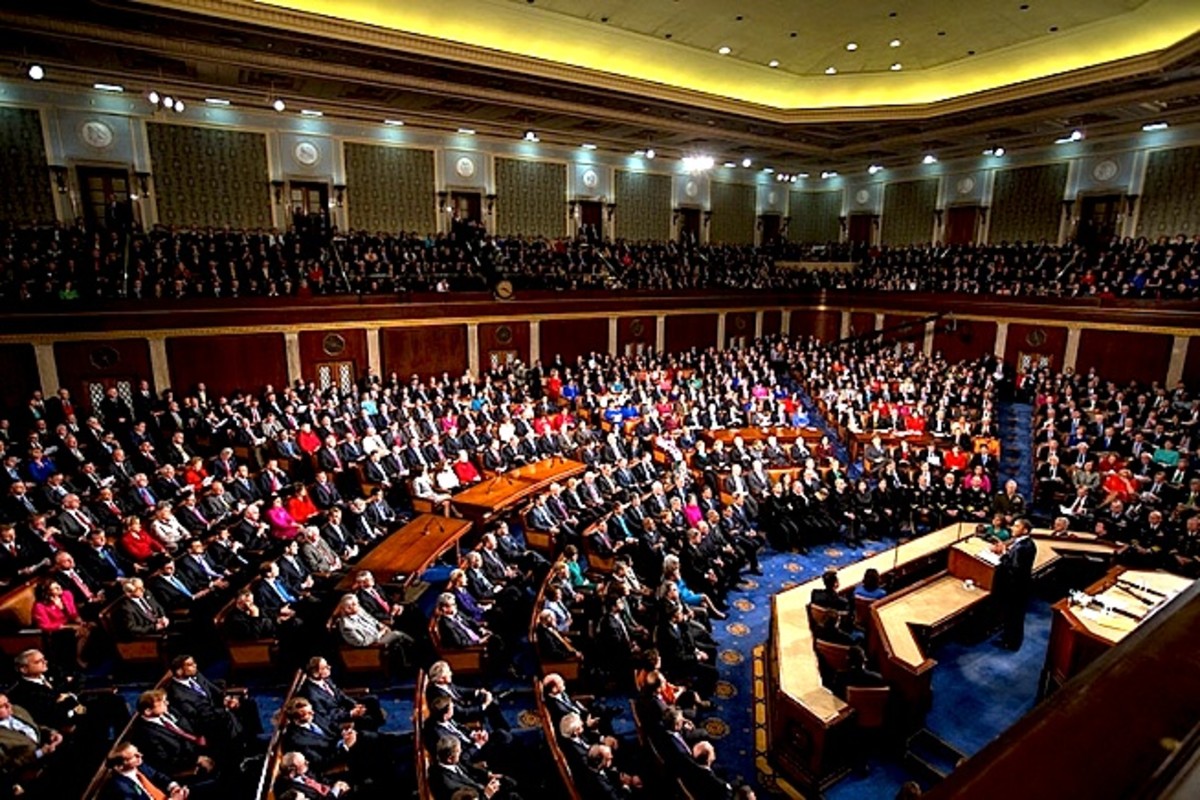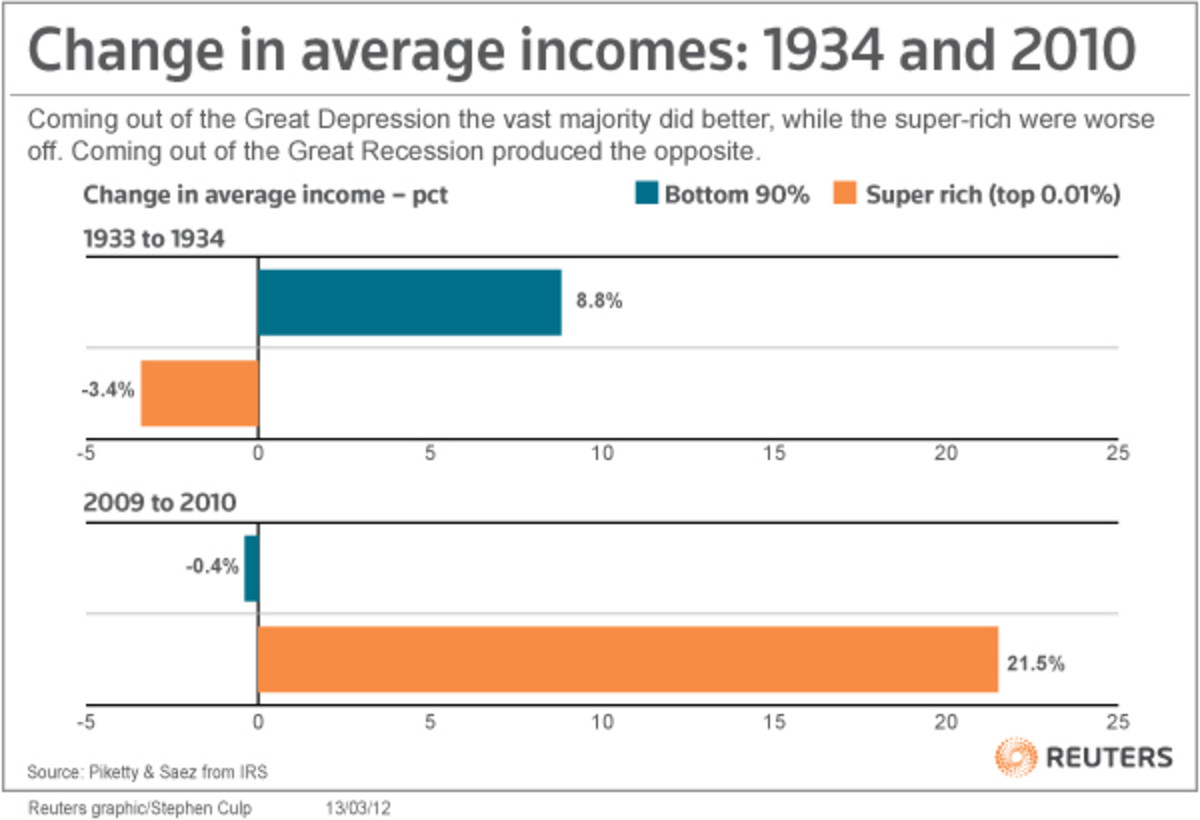Downsizing the number of legislative proposals in Congress
We always here talk about downsizing the size of the federal government but we never hear talk about downsizing the volume of legislative actions which are processed each session of Congress. The quantity of legislative actions and their content being initiated by both the House of Representatives and the Senate leaves individuals questioning their justification. I have looked at a number of legislative initiatives and while there are many that are justified there are those that are a waste of time.
There are serious issues facing our country not the least of which is our national debt. The volume and content of legislative actions in Congress by both parties appear to be politically motivated. This is not necessarily a bad thing if they are addressing critical issues needing attention. We elect our senators and representatives to do the country’s business and the focus should be on the country not their political agenda. In some cases however, the political agenda and the legislative actions are in line with the needs of the country. In other cases political agendas are a roadblock to getting action completed.
In researching the volume of legislative actions and laws for each two year period shows the need to reduce the activity. For the period Jan 3, 2013 – Jan 2, 2015 there was a total of 296 enacted laws and 663 resolutions passed by Congress and only 447 received a vote. Total legislation for this period was 10,637. From Jan 6, 2015 – present there have been 87 laws passed and 344 resolutions which on 297 received a vote. These numbers will continue to grow as Congress initiates new legislative actions. Current total legislative actions to date are 7,520. These figures are taken from govtrack.us/Congress/bills/statistics. Given the current number of actions generated thus far in this first year of a two year period that the numbers may pass the previous legislative numbers. One distinction with the above numbers is the fact that appropriations must be generated from the House of Representatives not the Senate. The Senate can modify legislative proposals and send them back to the House for further action but when this occurs it increases the time which must be spent on reviewing proposed changes and making a decision to accept or reject each of the changes.
Downsizing the number of legislative actions can happen to some degree but a real reduction will not occur unless there are changes in the current structure of the Cabinet, their authority and the agencies which report to them. Many if not all the laws passed by Congress have some connection to a cabinet level department or agency. It is the responsibility of Congress to keep in check the executive departments and agencies to ensure three things. One is to validate the actions being taken by each entity are in line with the laws assigned to them to enforce. Second to ensure the actions being taken including regulations do not overstep their authority or responsibility. Last it is the responsibility of Congress to monitor the funds spent by each entity are spent wisely and efficiently. At this point in time this responsibility to a large degree is not being accomplished.
Government entities whether they are a part of the departments or agencies in the executive department and there are some that are their own entities need to be monitored by Congress to ensure the actions/decisions being made are not politically motivated and are the right ones for the country. Sadly this type of review is not being made at this point or appears to not being made. Congress needs to streamline the legislative process in both houses to ensure each legislative proposal is justified both for the subject and the content. Many times there are multiple bills being processed on the same topic, they need to be combined for easier processing.
Our elected officials in Congress have the responsibility to personally review each legislative proposal on its merits but the sheer volume of the actions as identified above makes this an impossible task to achieve. Individuals serving in Congress must have the time allotted to properly review each proposal before making a decision. The problem with many actions being taken by Congress is the length of legislative proposals being presented. In many cases there are hundreds if not thousands of pages which must be read for our elected officials to make the right decision for our country on each legislative action.
In addition legislative language in many of the proposals I have reviewed refer to other laws which have previously been passed. In some cases the language is deleted from the law and in other cases the language is revised. When this occurs it raises the question of how the changes are initiated in the documents being affected. With the thousands of legislative proposals which pass through Congress it presents a complicated process. In addition in the past a statement has been made that we must pass the bill so we can know what is in it. This is the wrong way to get legislation through Congress and must change. We have been taught or at least some of have to read documents before we sign them. The same principle should be in place in Congress. Legislative proposals must be both read and understood by the individual who must make the decision to accept or reject the proposal.








